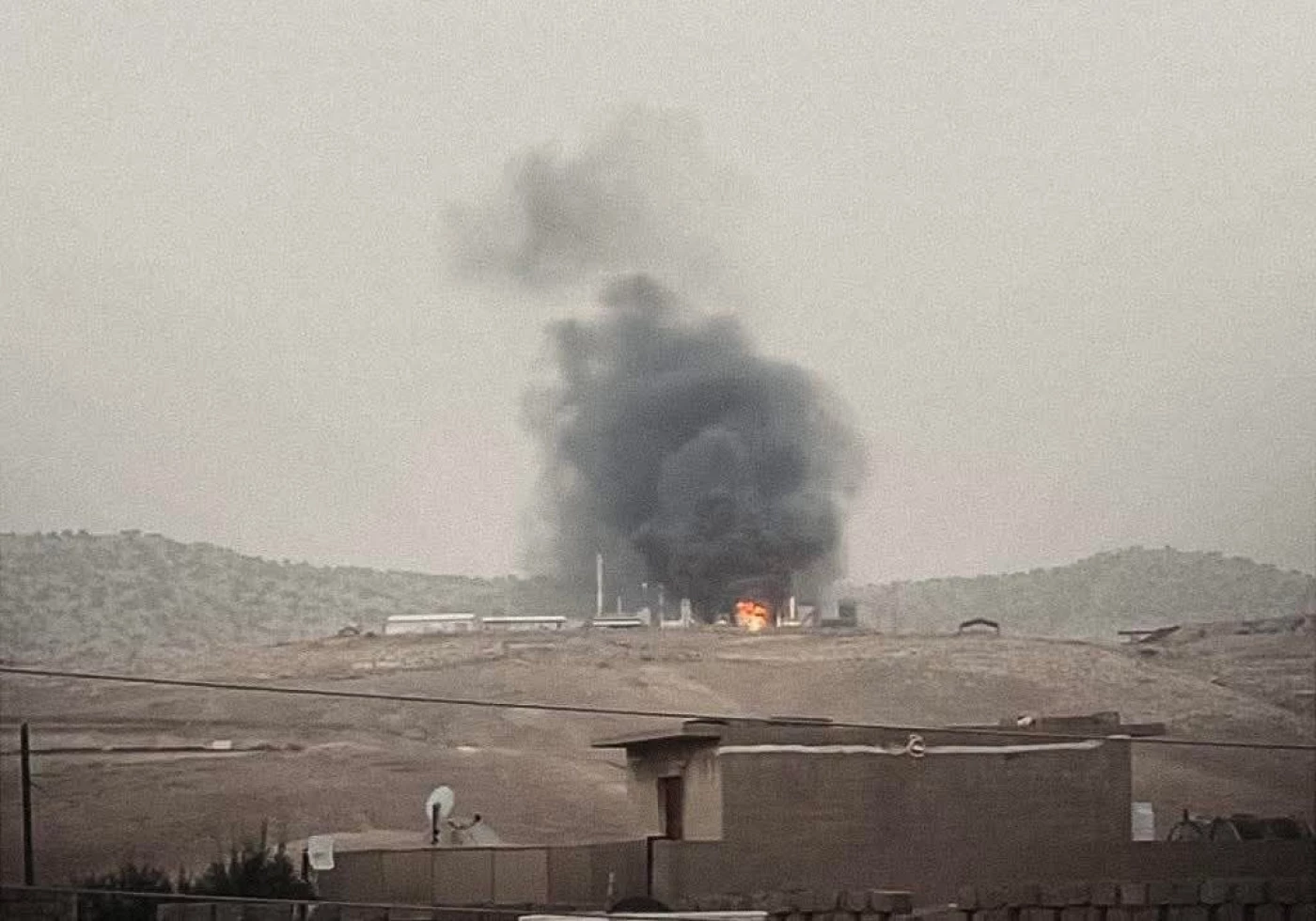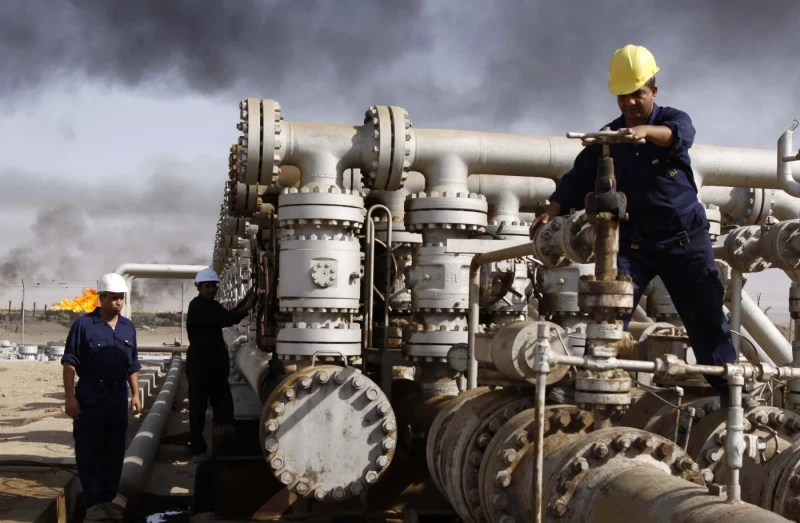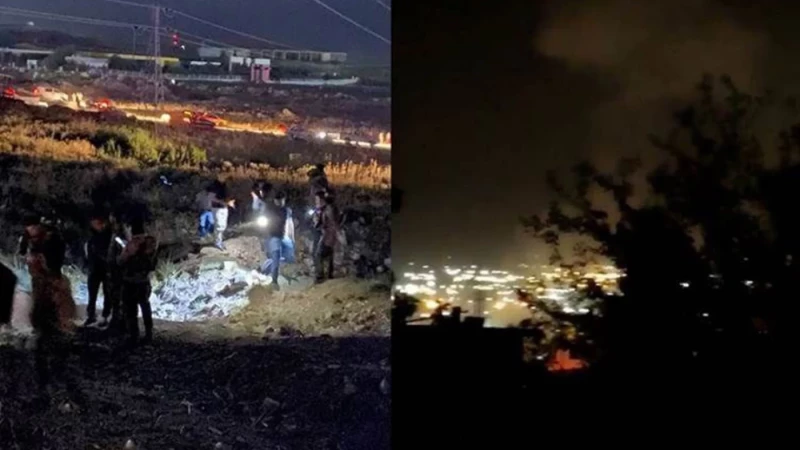ERBIL, Kurdistan Region of Iraq - Economic expert Rasheed al-Saadi warned Wednesday that continued drone attacks on oil fields in Kurdistan Region of Iraq could seriously damage the country’s economy, calling the situation an “extremely dangerous economic threat.”
In a statement to The New Region, Saadi said attacks on oil facilities in the Kurdistan Region threaten Iraq’s overall economic stability. “Kurdistan is an important part of Iraq’s oil system. It plays a big role in the country’s oil production and exports,” he said. “Harming its oil rights weakens investment, delays foreign contracts, and hurts trust in the national economy. This will also reduce government income.”
Saadi added that these actions “worsen internal divisions and cause local economic problems that could affect Iraq’s overall stability. Attacking the Region’s constitutional oil rights is not just a political or legal matter, it’s a direct economic threat to Iraq’s sovereignty. These attacks scare off local and foreign investors, shake up energy markets, and may cause legal and financial issues for Iraq’s international oil deals.”
“Inside the country, damaging Kurdistan’s income could cause financial and social crises, halt projects and services, and lead to wider problems in other provinces,” Saadi said. “Outside Iraq, failing to keep export promises and hurting the investment environment will damage Iraq’s reputation. That could lead to economic isolation, especially at a time when we need investment and steady income.”
A spate of aerial attacks by unidentified actors have targeted the Kurdistan Region and Kirkuk since late June, coming days after the declaration of a ceasefire between Iran and Israel.
At least six drones targeted oil facilities operated by Norwegian and American firms in the Kurdistan Region on Wednesday without resulting in any casualties.
The Kurdistan Region's Ministry of Natural Resources voiced “deep concern” over the continued attacks on the Region's energy infrastructure, condemning the “terrorist” attacks, and renewing the call on the Iraqi federal government and the international community to get involved to “protect civilian lives” and prevent further attacks on the Region's energy sector.
The Association of the Petroleum Industry of Kurdistan (APIKUR) “strongly” condemned the attacks on the oil production sites operated by its member companies in the Kurdistan Region, calling on Erbil and Baghdad to “take additional measures to ensure the safety and security of our staff and facilities,” in a statement shortly after the attack on the Baadre facility.
The attacks have sparked tensions between Erbil and Baghdad, with the Kurdistan Regional Government (KRG) decrying the federal authorities’ initial silence toward strikes.
In a statement last week, the KRG accused groups affiliated with the Iraqi state-linked Popular Mobilization Forces (PMF) of being behind the recent aerial attacks. Baghdad swiftly denied the allegations, saying the accusations “against an official Iraqi security institution is impermissible, condemned, and unacceptable under any pretext.”
Iraqi Prime Minister Mohammed Shia’ al-Sudani on Tuesday ordered an “immediate” investigation to identify the parties responsible for the drone attacks that struck oil fields in the Kurdistan Region.


 Facebook
Facebook
 LinkedIn
LinkedIn
 Telegram
Telegram
 X
X



